Are you extremely afraid of being judged by others? Are you very self-conscious in everyday social situations? Do you avoid meeting new people?
We all know the feeling of being nervous or uncomfortable in a social situation. Maybe you’ve clammed up when meeting someone new or gotten sweaty palms before making a big presentation. Public speaking or walking into a roomful of strangers isn’t exactly thrilling for everybody, but most people can get through it.
If you have been feeling this way for at least six months and these feelings make it hard for you to do everyday tasks—such as talking to people at work or school—you may have a social anxiety disorder.
In our ongoing research on Anxiety and its symptoms, today’s blog deals with the third symptom of anxiety.
SOCIAL ANXIETY DISORDER
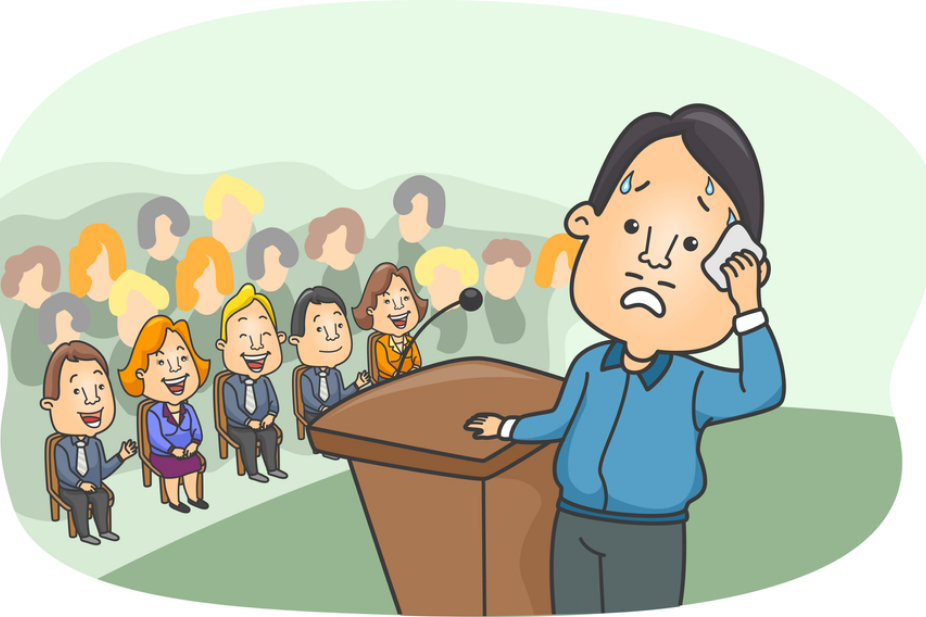
What is Social Anxiety Disorder?
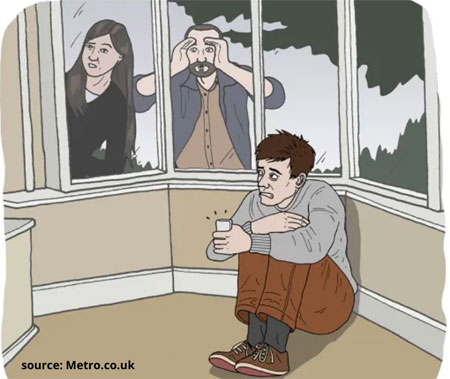 Social anxiety disorder is a type of anxiety disorder. A person with a social anxiety disorder feels symptoms of anxiety or fear in certain or all social situations, such as meeting new people, dating, being on a job interview, answering a question in class, or having to talk to a cashier in a store. Doing everyday things in front of people—such as eating or drinking in front of others or using a public restroom—also causes anxiety or fear. The person is afraid that he or she will be humiliated, judged, and rejected.
Social anxiety disorder is a type of anxiety disorder. A person with a social anxiety disorder feels symptoms of anxiety or fear in certain or all social situations, such as meeting new people, dating, being on a job interview, answering a question in class, or having to talk to a cashier in a store. Doing everyday things in front of people—such as eating or drinking in front of others or using a public restroom—also causes anxiety or fear. The person is afraid that he or she will be humiliated, judged, and rejected.
The fear that people with social anxiety disorder have in social situations is so strong that they feel it is beyond their ability to control. As a result, it gets in the way of going to work, attending school, or doing everyday things. People with social anxiety disorder may worry about these and other things for weeks before they happen. Sometimes, they end up staying away from places or events where they think they might have to do something that will embarrass them.
Some people with the disorder do not have anxiety in social situations but have performance anxiety instead. They feel physical symptoms of anxiety in situations such as giving a speech, playing a sports game, or dancing or playing a musical instrument on stage.
What Does It Feel Like?
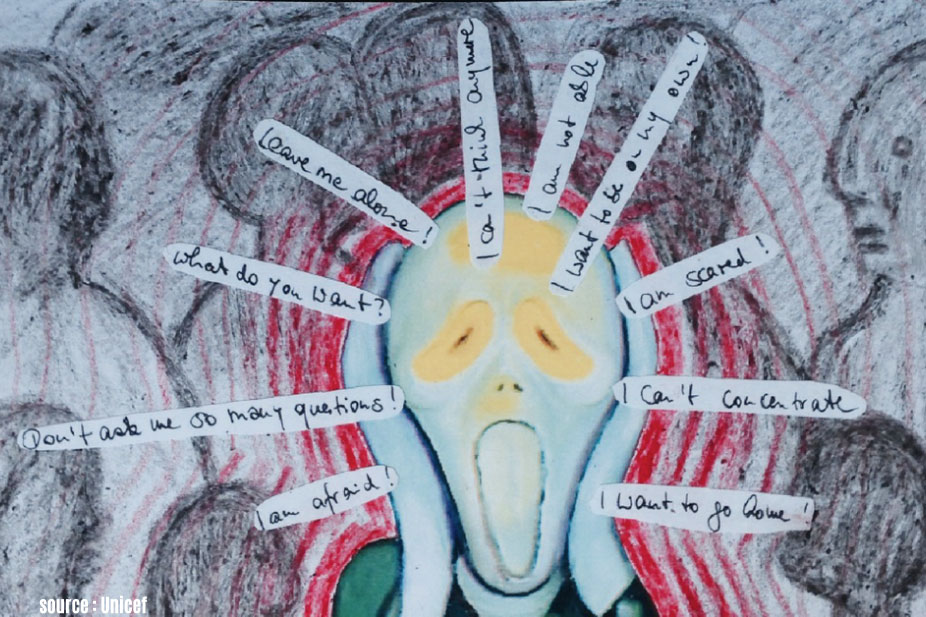 Again, the experience may be different for everyone, but if you have social anxiety and you’re in a stressful situation, you might have physical symptoms like:
Again, the experience may be different for everyone, but if you have social anxiety and you’re in a stressful situation, you might have physical symptoms like:
- Rapid heartbeat
- Muscle tension
- Dizziness and lightheadedness
- Stomach trouble and diarrhea
- Inability to catch a breath
- “Out-of-body” sensation
You may start having symptoms and getting anxious immediately before an event, or you might spend weeks worrying about it. Afterward, you could spend a lot of time and mental energy worrying about how you acted.
What Causes It?
Like many other mental health conditions, social anxiety disorder likely arises from a complex interaction of biological and environmental factors. Possible causes include:
- Inherited traits. Anxiety disorders tend to run in families. However, it isn’t entirely clear how much of this may be due to genetics and how much is due to learned behavior.
- Brain structure. A structure in the brain called the amygdala may play a role in controlling the fear response. People who have an overactive amygdala may have a heightened fear response, causing increased anxiety in social situations.
- Environment. Social anxiety disorder may be a learned behavior — some people may develop the condition after an unpleasant or embarrassing social situation. Also, there may be an association between social anxiety disorder and parents who either model anxious behavior in social situations or are more controlling or overprotective of their children.
Social anxiety disorder usually comes on at around 13 years of age. It can be linked to a history of abuse, bullying, or teasing. Shy kids are also more likely to become socially anxious adults, as are children with overbearing or controlling parents. If you develop a health condition that draws attention to your appearance or voice, that could trigger social anxiety, too.
How It Affects Your Life
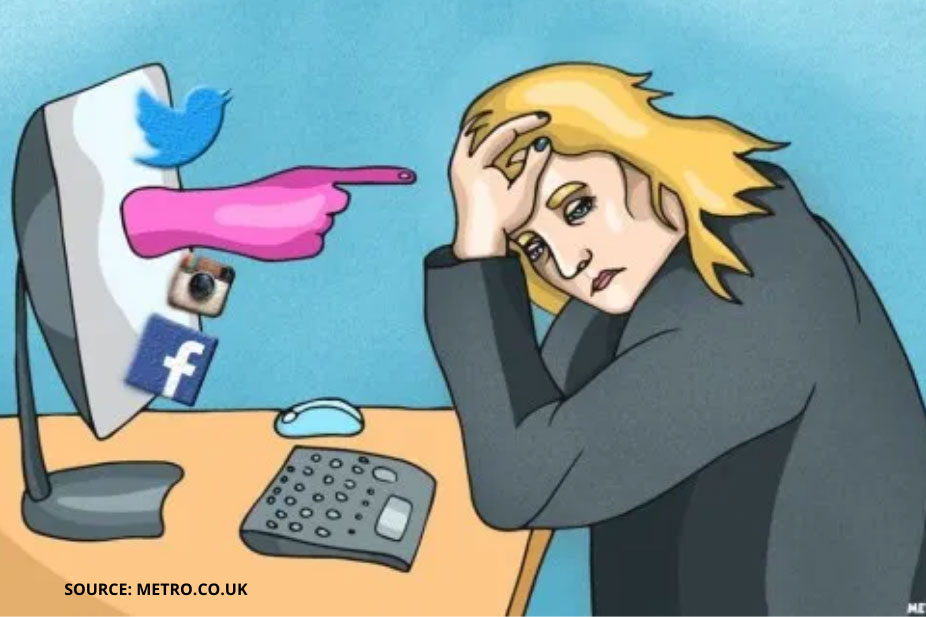
Social anxiety disorder prevents you from living your life. You’ll avoid situations that most people consider “normal.” You might even have a hard time understanding how others can handle them so easily.
When you avoid all or most social situations, it affects your personal relationships. It can also lead to:
- Low self-esteem
- Negative thoughts
- Depression
- Sensitivity to criticism
- Poor social skills that don’t improve
How is social anxiety disorder treated?
First, talk to your doctor or health care professional about your symptoms. Your doctor should do an exam and ask you about your health history to make sure that an unrelated physical problem is not causing your symptoms. Your doctor may refer you to a mental health specialist, such as a psychiatrist, psychologist, clinical social worker, or counselor. The first step to effective treatment is to have a diagnosis made, usually by a mental health specialist.
Social anxiety disorder is generally treated with psychotherapy (sometimes called “talk” therapy), medication, or both.
Psychotherapy
A type of psychotherapy called cognitive-behavioral therapy (CBT) is especially useful for treating social anxiety disorder. CBT teaches you different ways of thinking, behaving, and reacting to situations that help you feel less anxious and fearful. It can also help you learn and practice social skills. CBT delivered in a group format can be especially helpful.
Support Groups
Many people with social anxiety also find support groups helpful. In a group of people who all have a social anxiety disorder, you can receive unbiased, honest feedback about how others in the group see you. This way, you can learn that your thoughts about judgment and rejection are not true or are distorted. You can also learn how others with social anxiety disorder approach and overcome the fear of social situations.
Medication
There are three types of medications used to help treat social anxiety disorder:
- Anti-anxiety medications: Anti-anxiety medications are powerful and begin working right away to reduce anxious feelings; however, these medications are usually not taken for long periods of time. People can build up a tolerance if they are taken over a long period of time and may need higher and higher doses to get the same effect. Some people may even become dependent on them. To avoid these problems, doctors usually prescribe anti-anxiety medications for short periods, a practice that is especially helpful for older adults.
- Antidepressants: Antidepressants are mainly used to treat depression, but are also helpful for the symptoms of social anxiety disorder. In contrast to anti-anxiety medications, they may take several weeks to start working. Antidepressants may also cause side effects, such as headaches, nausea, or difficulty sleeping. These side effects are usually not severe for most people, especially if the dose starts off low and is increased slowly over time.
- Beta-blockers: Beta-blockers are medicines that can help block some of the physical symptoms of anxiety on the body, such as an increased heart rate, sweating, or tremors. Beta-blockers are commonly the medications of choice for the “performance anxiety” type of social anxiety.
Your doctor will work with you to find the best medication, dose, and duration of treatment. Many people with social anxiety disorder obtain the best results with a combination of medication and CBT or other psychotherapies.
Don’t give up on treatment too quickly. Both psychotherapy and medication can take some time to work. A healthy lifestyle can also help combat anxiety. Make sure to get enough sleep and exercise, eat a healthy diet, and turn to family and friends who you trust for support.
Things ‘you’ can try to overcome social anxiety
Self-help probably will not cure your social anxiety, but it may reduce it and you might find it a useful first step before trying other treatments. The following tips may help:
- Try to understand more about your anxiety – think about what goes through your mind and how you behave in certain social situations to help you get a clearer idea of the problems you want to tackle.
- Replace your unrealistic beliefs with more rational ones – for example, if you feel a social situation went badly, think if there are any facts to support this or if you’re just assuming the worst.
- Do not think too much about how others see you – pay attention to other people instead and remember that your anxiety symptoms are not as obvious as you might think.
- Start to do activities that you’d normally avoid – this can be tough at first, so start with small targets and work towards more feared activities gradually.
References:
- https://www.nhs.uk/conditions/social-anxiety/
- https://www.webmd.com/anxiety-panic/guide/mental-health-social-anxiety-disorder#2
- https://www.nimh.nih.gov/health/publications/social-anxiety-disorder-more-than-just-shyness/index.shtml
- https://www.mayoclinic.org/diseases-conditions/social-anxiety-disorder/symptoms-causes/syc-20353561
Vipin Kumar Tanwar is associated with Psycho-social clinical studies from the last six years. He has graduated with a Masters Degree in Clinical Psychology with a keen interest in establishing the Philosophy of relationship between Psychology and our Society. He is now working with Syngrity Transformational Solutions.
“Man knows much more than he understands.” – by Alfred Adler







 MALATI VASUDEVA
MALATI VASUDEVA VIKRAM BADHWAR
VIKRAM BADHWAR PRIYANKA KUMAR
PRIYANKA KUMAR SUMAL VARGHESE
SUMAL VARGHESE




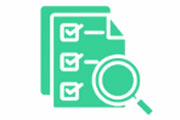

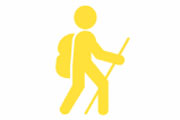








Thanks Vipin for your thorough research on a vital issue, it’s very informatics and useful for those who are facing the situation. Eagerly waiting for next blog. Kudos
thank you sir
Very useful and informative indeed 🙏
Thank you, Ma’am